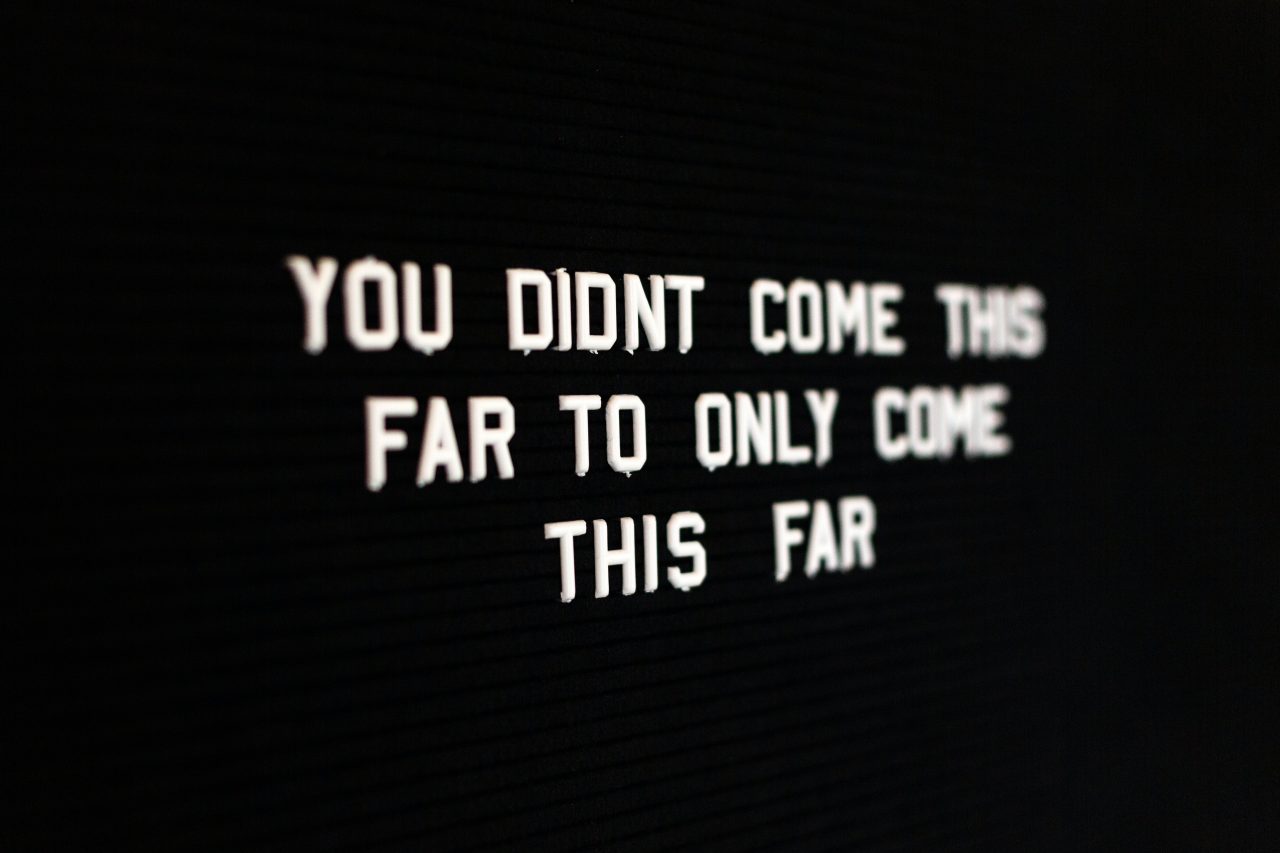Our dinner table discussions have recently concentrated on basic fitness training and rehabilitation. While both aren’t the young (or older) athlete’s favorite, they are must-dos in certain stages. But to get a 15-year-old to understand that taking a run with low intensity and low heart rate is actually good for him is like trying to convince an organization that has used to do things in their own way to make a 180 turn in their thinking. Even if rehabilitation makes more sense to a 13 y.o who otherwise needs to skip springtime games, repeating that same laborious exercise every second day without support and cheers would make it easy to skip it.
Much like an athlete recovering from an injury or working on their basic fitness, embarking on a project requires resilience, dedication, and a strategic approach. I could easily see myself in both boys’ shoes. I’m in a similar position as a transformation professional taking over a project, examining the crucial role of personal motivation and the impact of differently thinking stakeholders in the journey.
Resilience and Rehabilitation
Athletes in rehabilitation face the challenge of restoring their physical and mental strength. Similarly, I need to rejuvenate a project by assessing its current state and understanding the mental dynamics within the team.
Just as athletes adhere to a rehabilitation plan, whoever leads the project and stakeholders must commit to a project recovery plan. This involves understanding the project’s history, identifying weaknesses, and establishing a roadmap for improvement.
Motivation as a Driving Force
Athletes, even the 13 and 15-year-olds, draw motivation from a desire to return to peak performance. I need to leverage similar motivation by setting clear goals and emphasizing the positive impact their efforts will have on the project and team. I also need to find something that, as a delivery, will motivate me to put on my A-game.
In both scenarios, the collective motivation of the team is crucial. Even more crucial is the ownership everyone needs to take to get things done. Athletes have support teams, and project professionals rely on a motivated and skillful team. Fostering a positive, pro-ownership, and collaborative environment is essential for success.
Taking Over a Basic Project
Just as an athlete needs to understand their body and the fundamentals of their sport, I need to dig in and comprehend the basics of the project. This includes understanding the project’s objectives, scope, and existing challenges.
Athletes follow a game plan to recover effectively. Similarly, with my project team, we must devise a strategy for taking over and revitalizing a project. This may involve redefining objectives, reallocating resources, or introducing new methodologies.
The Impact of Stakeholders
In rehabilitation, the athlete’s support team plays a pivotal role. In transformation or project management, not-so-experienced stakeholders can hinder progress. Not everyone is nor should be a professional in leading transformations or projects. Educating stakeholders about the project’s complexities and involving them in decision-making can mitigate challenges but doesn’t remove them.
Athletes and their support teams maintain open communication. Likewise, project professionals must communicate effectively with stakeholders, and stakeholders have a duty to keep the communication flowing. Miscommunication can lead to misunderstandings and project setbacks.
Lessons in Resilience from Athlete to Project
The journey from rehabilitation to project revitalization is rife with challenges, but the parallels between the two are evident. Motivation, resilience, strategic planning, and effective communication are the cornerstones of success in both scenarios. By understanding and embracing these analogies, project professionals can navigate the complexities of project management with a renewed sense of purpose and determination. I just need to remember that just as an athlete emerges stronger from rehabilitation, a well-managed project can overcome obstacles and succeed with the right approach. Maybe I’ll come out of that stronger, too?




